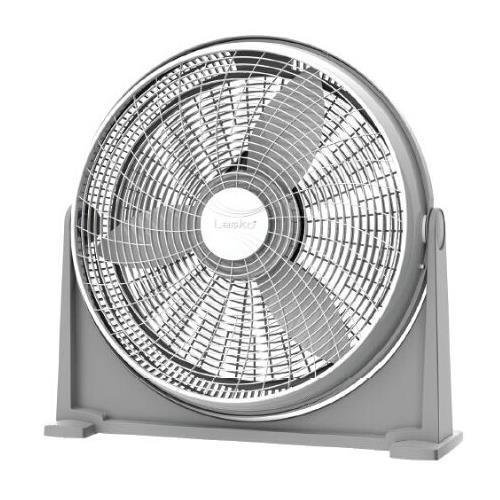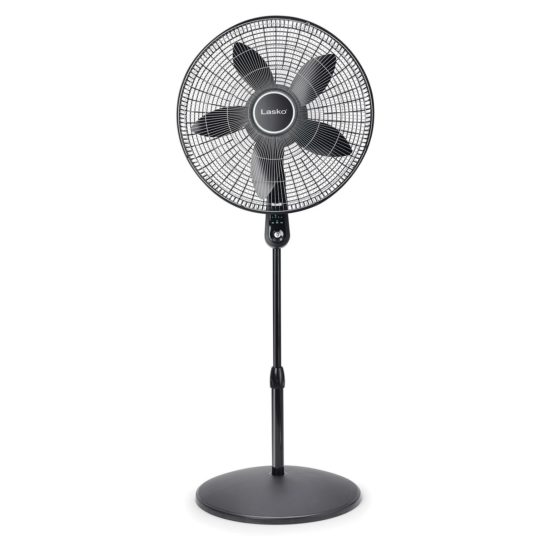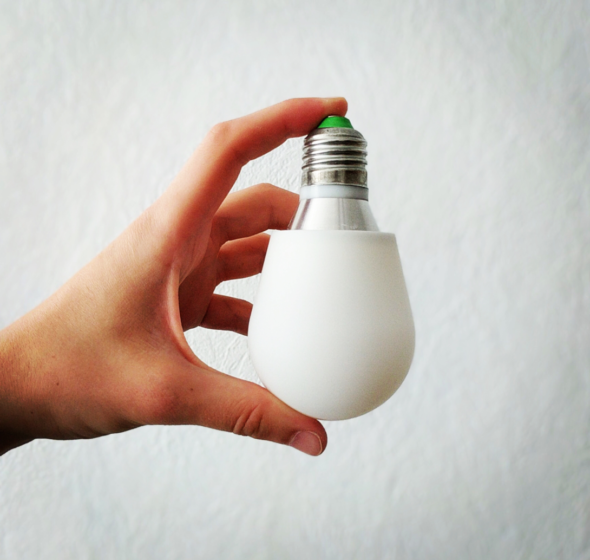Here’s how to save electricity at home when you’re overwhelmed by mid-summer heat.
Just because it’s the middle of summer and your thermometer is constantly registering the air in the sweat-all-day zone doesn’t mean you have to go broke paying electricity bills to power your AC. There are a lot of ways to lower your electricity bill during the hottest summer months, and they’re all pretty easy peasy.
Don’t run the AC in every room all-day
Saving electricity (and your cash) can be as easy as running only selective air conditioning units, or setting your thermostat higher than you’d ideally like to feel. If your goal temperature is 72 degrees F, try setting the thermostat to 78 and running a fan in the room you’re sitting in.
Using a fan can make a room feel 10 degrees cooler and uses 10 percent of the energy of a central air conditioner, according to the US National Resource Defense Council. That’s a huge savings.
SHOP LASKO AIR CIRCULATOR FROM $30 NOW
Cut the AC off at night
Most areas of the world (even the super warm ones) cool down as the sun goes down, dropping room temperatures by as much as 20 degrees. Set your AC to shut off around sundown and use only fans throughout the evening or till mid-morning, when temperatures rise significantly.
Seriously, invest in a few fans
According to thenest.com, “The town of Wellesley, Mass., has estimated the average cost of running central air conditioning in a typical home for six hours a day will use 900 kilowatt/hours (kWh) per month. At a cost of $0.134 per kWh, this amounts to $120.60 per month.”
Roughly $120 a month for a minimum of three months is $360 at a bare minimum, and you’ll literally save money by buying a new fan for each of your most-used rooms and cutting AC usage by half. Imagine that? You get new things and STILL save money.
Use the money you saved to buy a bunch of pink pineapples and make trendy frozen cocktails.
SHOP PEDESTAL FANS FROM $40 NOW
Switch to LED bulbs
The US Department of Energy says that LED lightbulbs use at least 75 percent less energy and last roughly 25 times longer than traditional, old school incandescent lighting.
On a day by day basis it’s not huge money, but if you’re looking for how to save electricity at home over the long term, you’re looking at potentially hundreds of dollars each year depending on the size of your home and how often you’re using lights.
Put your main light sources on dimmers
Using dimmers is how to save electricity without changing your bulbs, AC units, or appliances. If you’re using halogen bulbs, you’ll find yourself using as much as 20% less energy when they’re dimmed, while LED bulbs (which are already super efficient) will produce less heat and be slightly more efficient when placed on dimmers.
Overall, using dimmers on your most-frequented lamps and overhead lights will help you save electricity in the long term. Don’t use them on CFL bulbs though, where they’re often considered a fire hazard.
Stop using the “hot” setting on your washing machine
Aside from the fact that the idea of hot water sounds like torture during hellish summer months, washing your clothes in cold water may be the solution to lining your (dirty) pockets with extra cash. According to the Alliance to Save Energy, washing clothes in cold water can save you $63 a year on your electricity bill.
That’s pretty major, and if you’re wondering how often to wash your sheets and how often to wash your jeans — the answer is pretty often, but cold water is just fine.
Be lazy and stop washing your dishes
Is laziness how to save electricity at home when it’s a million degrees? Possibly, because the California Energy Commission says using Energy Star-approved dishwashers can save you an average of 5,000 gallons of water and $40 in electricity each year, on average, versus hand washing.
This is definitely the future we were promised.
READ MORE: Keep cool with pizza flavored ice cream
Swap your shower head out
You’re probably not thinking of it when you’re rinsing the day away, but taking even a mildly warm shower requires energy in addition to the water.
It takes a fair amount of energy to heat water, so switching your shower head to a low flow shower head and taking a 10-minute or faster shower saves you five gallons or more of water per shower. This minor tweak also saves you up to $145 each year in electricity, according to Energy Star.
It’s easy to find modern, efficient low flow shower heads under $30.
If all else fails, spend more time somewhere else and turn everything off before you go.
It’s summer! Get out there and find a pool, beach, swimming hole or air conditioned store to enjoy during peak sun hours—that’s how to save electricity the old fashioned way. If you’re at work, school, or just generally being active during the day’s hottest times and are able to turn off all your lights and AC units before you go, you’ll cut down on your electricity usage.
Just remember to keep a fan or air circulator running so the house is tolerable when you return. Remember to always use sun protection though, and read up on our guide to layering sunscreen with makeup if you feel inclined to look your best.
Love this article? For more beauty, style, travel, and trending topics check out The Luxury Spot on Facebook. Like us and we’ll love you back!














